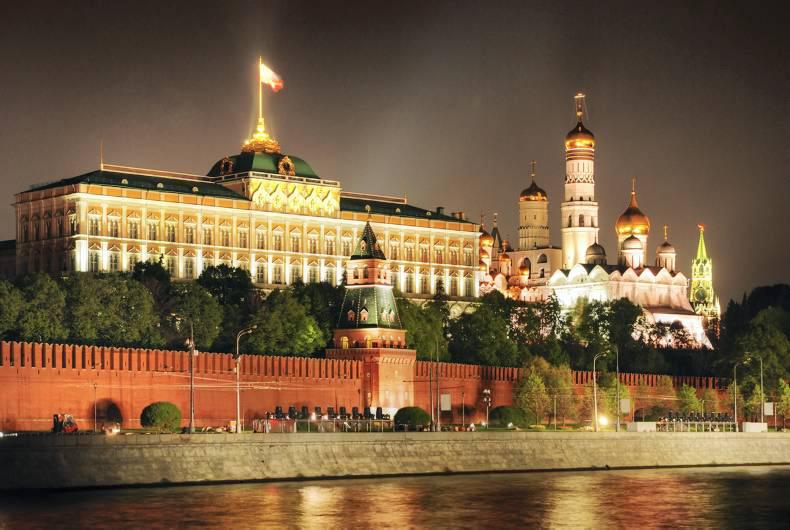Russia is still a significant market in the long term said Bord Bia analyst Emily McCormack, who is based in Moscow.
"Russia remains an important long-term market for dairy, and as milk powders and lactose-free dairy products have remained outside of the sanction list," she said.
The EU exported the most products to Russia in 2013, selling 416,000 tonnes of dairy to the country, 63% of which was cheese. Ukraine also contributed significant supplies to the market in 2013, including 50,000 tonnes of cheese and 13,000 tonnes of whey.
The bans imposed on EU, US, Canadian, Norwegian and Australian dairy in August 2014 have resulted in imports increasing from Belarus and South America.
However, with inflation in January reaching 16% and domestic food prices continuing to increase, remaining price competitive is a challenge for exporters.
Domestic market
Soyuzmoloko, the National Union of Dairy Producers, is planning to increase domestic production to account for 78% of available dairy by 2020. This would be an an increase of 66.5% on current levels.
Already Russia is experiencing a slight increase in milk production on last year with production rising by 0.1% in 2014 to 30.8m tonnes. The higest increase in production was recorded in regions such as Altai and Bashkortistan.
However, the Russian dairy industry is in great need of reform. Milk quality and milk production both need improvement and the industry continues to rely on imports to serve demand.






 This is a subscriber-only article
This is a subscriber-only article











SHARING OPTIONS: